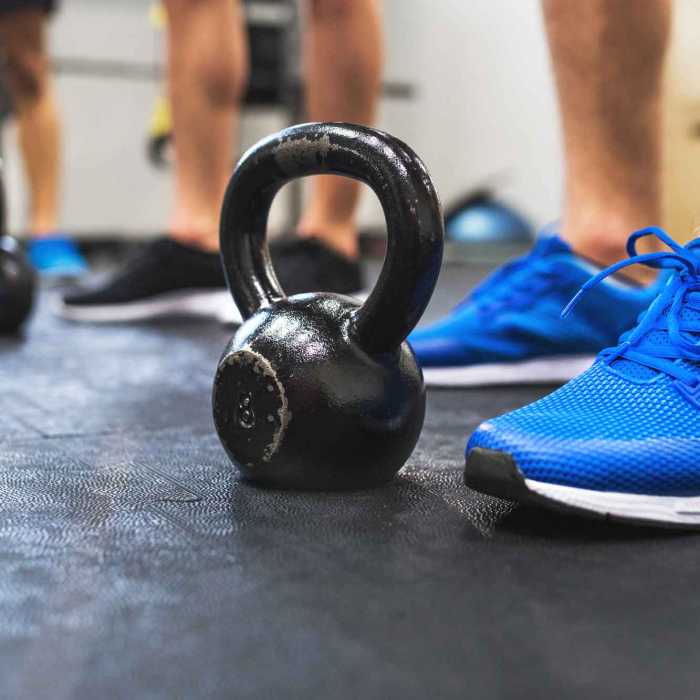What is a Deadlift?
Online Glossary / Quick Reference
Competitive powerlifting exercise where the bar is lifting from the floor to a standing position.
About Dead Lift
The deadlift is a fundamental exercise in powerlifting and strength training, involving lifting a barbell from the floor to a standing position. This compound movement targets multiple muscle groups, including the glutes, hamstrings, quadriceps, lower back, and core, making it one of the most effective exercises for building overall strength and muscle mass.
How to Perform a Deadlift
To perform a proper deadlift, follow these steps:
- Starting Position: Stand with your feet shoulder-width apart, the barbell positioned over the midfoot. Bend at the hips and knees to lower your torso, keeping your back straight. Grip the bar with hands slightly wider than shoulder-width apart, using either a double overhand grip or a mixed grip (one hand overhand, one hand underhand).
- Set Your Back: Engage your core, retract your shoulder blades, and keep your back straight. Your hips should be lower than your shoulders, and your head should be in a neutral position, looking forward.
- Lift the Bar: Drive through your heels and extend your hips and knees simultaneously to lift the barbell. Keep the bar close to your body, maintaining a straight back throughout the lift. The bar should travel in a straight line as you rise to a standing position.
- Lockout: At the top of the lift, fully extend your hips and knees, standing tall with your shoulders back. Avoid leaning back or overextending your spine.
- Lower the Bar: Reverse the movement by pushing your hips back and bending your knees to lower the barbell to the floor. Maintain control and keep your back straight throughout the descent.
Benefits of Deadlifts
- Full-Body Strength: Deadlifts engage multiple muscle groups, promoting overall strength and muscle development.
- Functional Fitness: The movement pattern of deadlifts mimics everyday activities, such as lifting heavy objects from the ground, improving functional strength.
- Core Stability: Deadlifts strengthen the core muscles, enhancing stability and reducing the risk of lower back injuries.
- Increased Hormonal Response: The compound nature of deadlifts triggers a significant hormonal response, promoting muscle growth and fat loss.
Deadlifts are a cornerstone exercise in many strength training programs due to their effectiveness in building strength and muscle mass. Proper form and technique are crucial to maximize benefits and prevent injuries. Incorporating deadlifts into a balanced workout routine can lead to substantial improvements in overall fitness and performance.
















